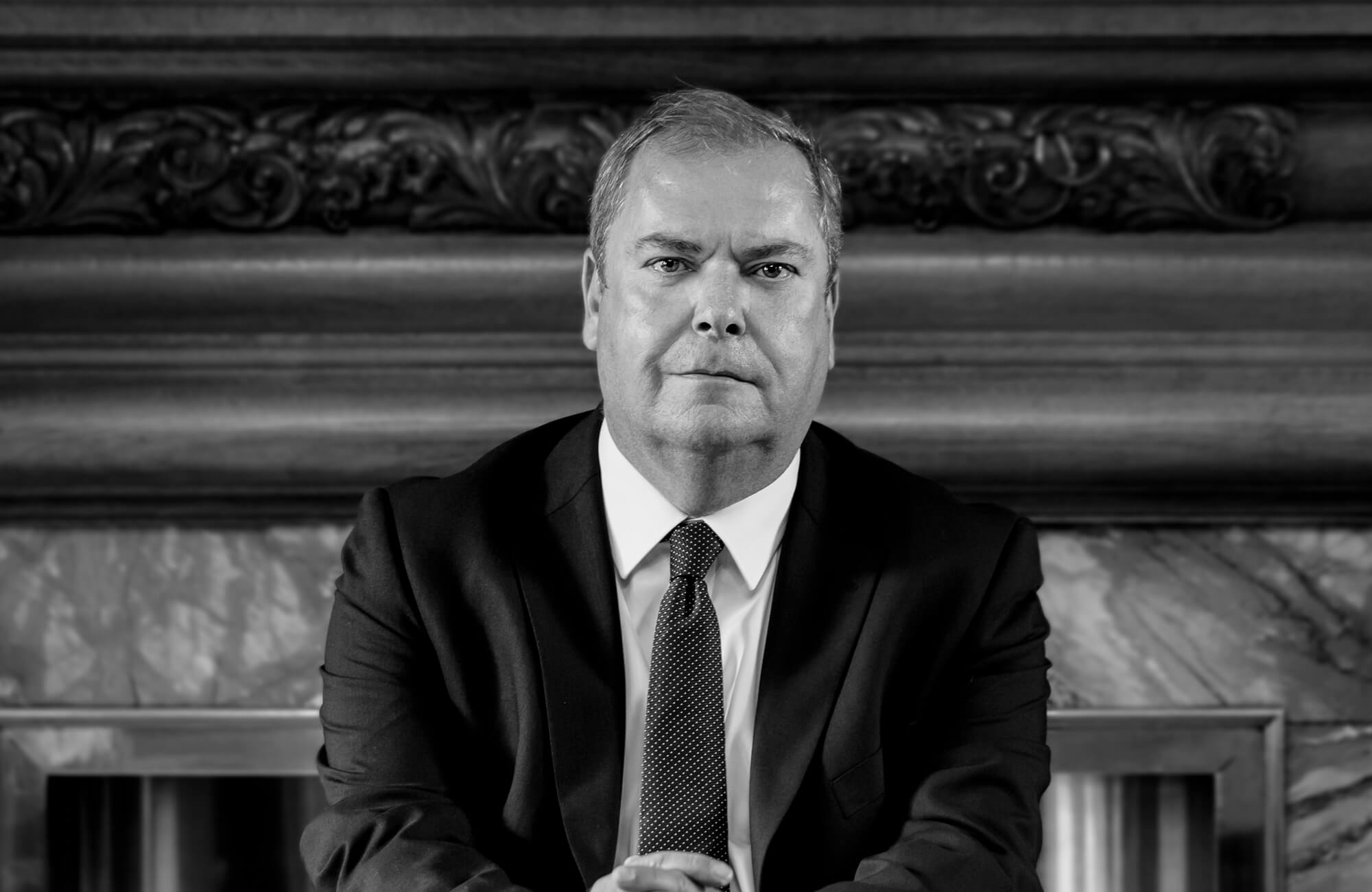Part 5 of the Proceeds of Crime Act deals with the civil recovery of the proceeds of crime from unconvicted defendants through the civil courts.
If a defendant is acquitted in the Crown Court following a trial for a criminal offence on a finding of not guilty by a jury, he can still be pursued by the National Crime Agency in the High Court in relation to the same facts. There is no need to prosecute a defendant at all before commencing civil recovery proceedings.
The essential difference between criminal and civil proceedings is the standard of proof required. The criminal court requires a jury to be sure beyond reasonable doubt. However, in the High Court, where a judge sits alone without a jury, the evidential threshold is lower on the balance of probabilities. Civil recovery proceedings like normal commercial litigation can involve the parties in cutting a deal rather than incurring the costs of expensive litigation.
Whilst conviction for a criminal offence results in fines or imprisonment, civil recovery proceedings under Part 5 of the Proceeds of Crime Act 2002 targets confiscation of the defendant’s assets. Until now, the proceeds of crime legislation has been largely domestic in its focus but the UK government is in the process of introducing new powers to confiscate recoverable property and valuable London homes belonging to international human rights abusers. London is apparently a “haven for the blood money of the world’s nastiest despots”. Subject to approval by the House of Lords, the UK will enact this legislation.
Sergei Magnitsky, a lawyer and corruption whistle blower, was tortured and murdered in Russia after uncovering massive corruption by Russian officials and organised criminals. The US responded in 2012 by imposing visa bans and passing the Magnitsky Act to freeze the assets of those thought to be culpable in such circumstances. If implemented, the proposed legislation promises some more high profile and high value litigation in the UK and our own Magnitsky Act.
Part 5 of the Proceeds of Crime Act deals with the civil recovery of the proceeds of crime from unconvicted defendants through the civil courts.
If a defendant is acquitted in the Crown Court following a trial for a criminal offence on a finding of not guilty by a jury, he can still be pursued by the National Crime Agency in the High Court in relation to the same facts. There is no need to prosecute a defendant at all before commencing civil recovery proceedings.
The essential difference between criminal and civil proceedings is the standard of proof required. The criminal court requires a jury to be sure beyond reasonable doubt. However, in the High Court, where a judge sits alone without a jury, the evidential threshold is lower on the balance of probabilities. Civil recovery proceedings like normal commercial litigation can involve the parties in cutting a deal rather than incurring the costs of expensive litigation.
Whilst conviction for a criminal offence results in fines or imprisonment, civil recovery proceedings under Part 5 of the Proceeds of Crime Act 2002 targets confiscation of the defendant’s assets. Until now, the proceeds of crime legislation has been largely domestic in its focus but the UK government is in the process of introducing new powers to confiscate recoverable property and valuable London homes belonging to international human rights abusers. London is apparently a “haven for the blood money of the world’s nastiest despots”. Subject to approval by the House of Lords, the UK will enact this legislation.
Sergei Magnitsky, a lawyer and corruption whistle blower, was tortured and murdered in Russia after uncovering massive corruption by Russian officials and organised criminals. The US responded in 2012 by imposing visa bans and passing the Magnitsky Act to freeze the assets of those thought to be culpable in such circumstances. If implemented, the proposed legislation promises some more high profile and high value litigation in the UK and our own Magnitsky Act.

